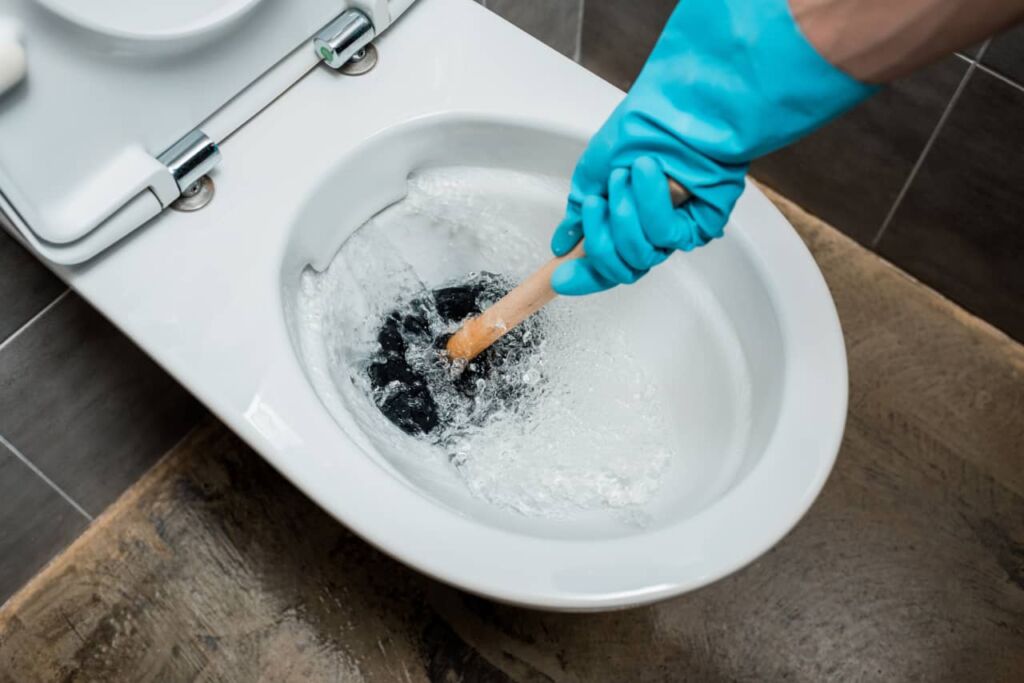
In Arizona and the rest of the country, an apprentice plumber is a path to becoming a licensed plumber. To practice the plumbing trade independently, a plumber should at least be a journeyman plumber.
Along the path to becoming a journeyman plumber, a plumber should take an apprenticeship under the direct supervision of experienced plumbers, such as a master plumber for 2,000 hours plus around 250 hours of coursework.
At the end of their journey to be an independent plumber, an apprentice plumber should acquire a plumbing license after satisfying their requirements. Since the plumbing trade is strictly regulated, an apprentice plumber license is required for aspiring plumbers.
An apprentice plumber is an entry-level position in the plumbing industry. Given that the average hourly wage of an apprentice plumber is $20.95 per hour, moving further in their careers is an excellent option for aspiring plumbers.
How Can I Become an Apprentice Plumber?
You may consider being an apprentice plumber as a path to becoming an independent contractor someday. However, to learn plumbing systems and how to work them, you need to satisfy the following requirements before becoming an apprentice plumber:
- You must be at least 18 years old.
- You must hold a high school diploma.
- You must get a formal apprenticeship through a trade organization, local plumbers’ union, or an informal apprenticeship through an employer who will sponsor you. Or you may work as an entry-level worker supervised by experienced plumbers in a plumbing company.
- You must attend a certificate program or a two-year associate degree at a community college to complete your coursework.
Aside from these rigid requirements, an apprentice plumber should have the following personal and technical attributes:
- Strong listening skills.
- Good math skills and adept at using measuring instruments
- Has excellent manual dexterity
- Willing to spend time going through training and doing coursework.
How long does it take to become a plumber depends on how apprentice plumber completes their thousands of on-the-job training hours and coursework and is prepared to pass their licensing examination.
What Does an Apprentice Plumber Do On The Job?

An apprentice plumber is a full-time job. Aside from training and compiling licensing requirements to become a licensed plumber someday, an apprentice plumber are assigned certain jobs while under the supervision of experienced plumbers on the job site, such as when working on the plumbing in a house or a commercial building.
Typical responsibilities assigned to an apprentice plumber are the following:
- Cleaning Job Sites
- Replacing Pipes, depending on their experience level.
- Assembling Pipes, depending on their experience level.
- Unclogging drains, depending on their experience and skill level.
- Handling Tools
- Location of leaks
- Assisting the plumber with preparing cost estimates
- Ensuring that the work complies with local, state, and federal plumbing regulations
- Doing Basic Installation of Plumbing Fixtures
- Assist Experienced Plumbers During Plumbing Maintenance
An excellent apprentice plumber should be well-organized and has keen attention to detail. They should help the plumber through customer relations and be able to follow instructions. They should be prepared to travel to clients’ locations as required.
Depending on their skill level, an apprentice plumber can help their supervisors handle more complicated tasks, such as solving water supply issues, and lending help for heavier tasks, such as septic tank issues.
Is Being an Apprentice Plumber Worthwhile?
A career in plumbing holds promise for a potential paycheck. Master plumbers can earn six-figure salaries, while independent plumbing companies can earn steadily because of the constant demand for plumbing work.
Whether you want to be an employee in a large plumbing or construction company or to be an independent certified plumber someday as a contractor, being an apprentice plumber offers a path. Though the journey is challenging and requires substantial effort and excellent time management when balancing on-the-job training, doing coursework, and preparing for licensing requirements, the promise of a steady career can be enticing.
Moreover, being a licensed plumber is a fulfilling job. Seeing the satisfaction in the faces of your clients helps plumbers overcome the challenges that come with their careers.
